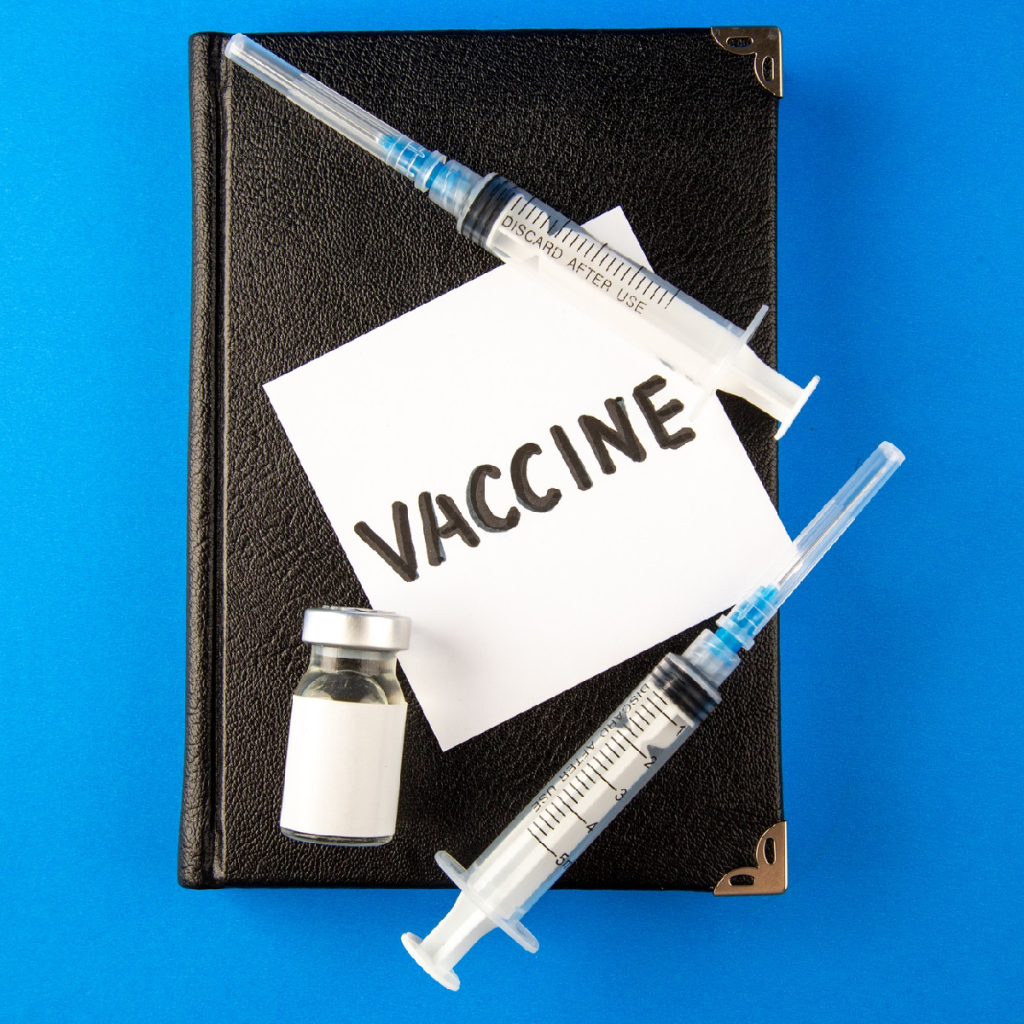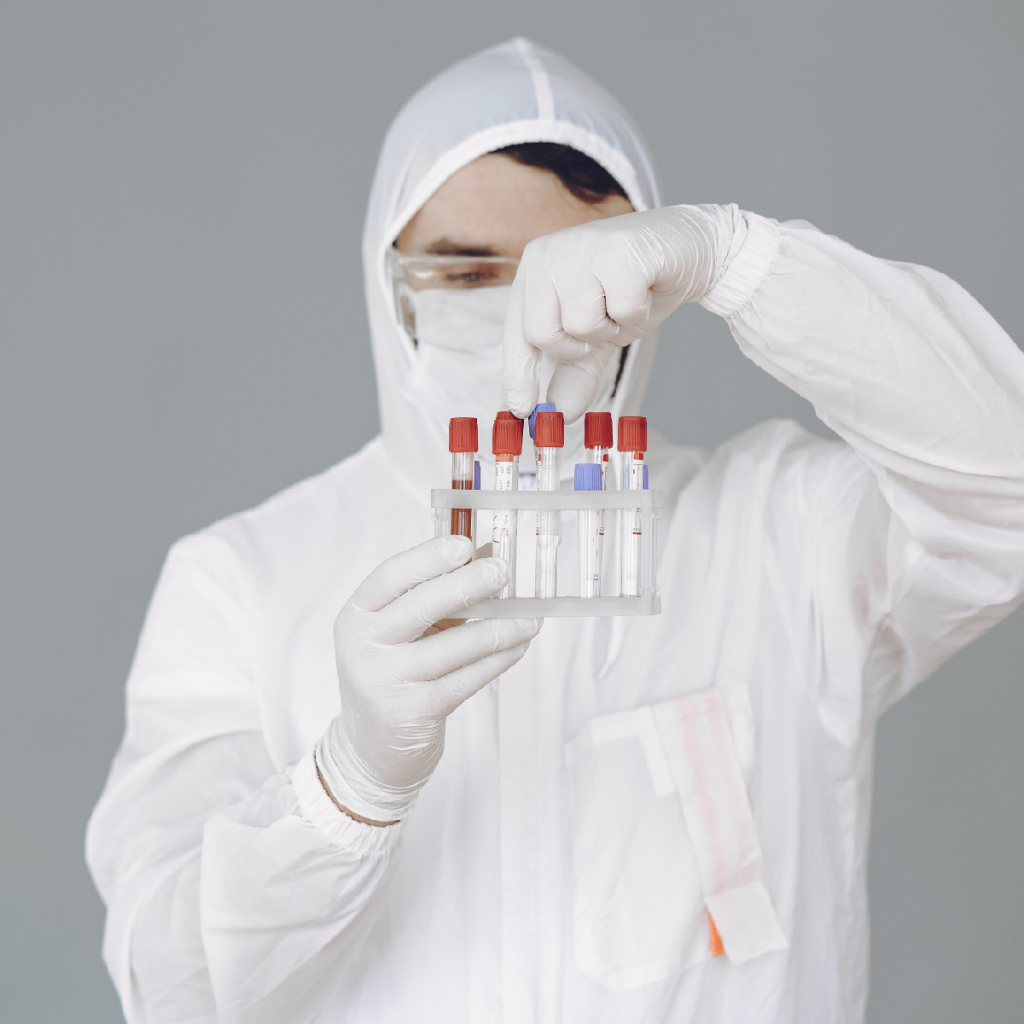Discover the importance of vaccinations for older men and why they are recommended.
Are Vaccinations Recommended for Older Men?
It’s time to debunk the myth that vaccines are only for kids. Our immune systems need a little boost as we age, and that’s where vaccinations come in. So, gentlemen, let’s talk about the importance of getting those shots to stay healthy and active!

Understanding the Importance of Vaccinations
Before diving into why vaccines are crucial for older men, let’s first understand what they do. Vaccines are like tiny superheroes that train our immune system to recognize and fight off specific diseases. They introduce harmless versions of bacteria or viruses, triggering our bodies to develop immunity against the real deal.
The Role of Vaccines in Preventing Diseases
Vaccines are like an army of disease-fighting ninjas, protecting us from serious illnesses. They not only prevent us from getting sick but also reduce the chances of transmitting those diseases to others, including our loved ones. So, by vaccinating yourself, you’re not just safeguarding your health but also contributing to a healthier community.
Vaccines and the Aging Immune System
As we age, our immune system can become a bit sluggish. That’s why vaccines are particularly important for older men. They give our immune system a much-needed boost, ensuring we’re ready to battle any viruses or bacteria that may come our way.
When it comes to the aging immune system, there are several factors at play. Firstly, as we get older, our thymus gland, which is responsible for producing T-cells, starts to shrink. T-cells are crucial for the immune response, as they help identify and destroy infected cells. With a smaller thymus gland, the production of T-cells decreases, making it harder for the immune system to mount an effective defense.
Additionally, older individuals may have a weakened response to vaccines due to age-related changes in the immune system. This means that they may not develop the same level of immunity as younger individuals after receiving a vaccine. However, this does not mean that vaccines are ineffective for older men. On the contrary, vaccines can still provide significant protection and reduce the severity of illnesses.
It’s worth noting that each vaccine works differently, stimulating specific parts of the immune system to create the necessary defenses. Some vaccines, such as the influenza vaccine, need to be updated annually to match the prevalent strains of the virus. Others, like the pneumococcal vaccine, protect against multiple strains of bacteria that can cause pneumonia, meningitis, and other serious infections.
Furthermore, some vaccines require additional doses to amplify the protection. For example, the shingles vaccine is given in two doses, a few months apart, to ensure optimal immune response. It’s crucial to follow the guidance of healthcare professionals and complete the recommended vaccine schedule to maximize the benefits.
In conclusion, vaccines play a vital role in preventing diseases and protecting the health of older men. They provide a much-needed boost to the aging immune system and help reduce the risk of serious illnesses. By understanding how vaccines work and following the recommended vaccine schedule, older men can take proactive steps to safeguard their health and well-being.
Common Vaccinations for Older Men
Now that we understand the superhero-like effect of vaccines, let’s look at some specific shots recommended for older men.
Influenza Vaccine
Flu season can knock anyone off their feet. But for older men, the consequences can be more severe. The influenza vaccine is like a shield against this pesky virus, reducing the risk of complications and hospitalizations. So, don’t wait for the sniffles to strike; get your flu shot!
Did you know that the influenza vaccine is updated every year to match the strains of the flu virus that are expected to be most prevalent? This ensures that you receive the most effective protection against the specific strains circulating in your community. By getting vaccinated, you not only protect yourself but also contribute to the overall reduction of flu cases in your community.
Furthermore, the influenza vaccine is especially important for older men because they are more likely to have underlying health conditions, such as heart disease or diabetes, that can increase the risk of severe complications from the flu. By getting vaccinated, you are taking a proactive step towards safeguarding your health and well-being.
Pneumococcal Vaccine
Pneumonia might sound like a minor inconvenience, but it can be a serious threat to our health, especially as we age. The pneumococcal vaccine is the firefighter that douses the fire before it spreads. By getting this shot, you’re protecting yourself from the most common cause of pneumonia.
Let’s delve a little deeper into the world of pneumonia. Did you know that there are different types of pneumonia, and the pneumococcal vaccine specifically targets the most common bacterial cause of the disease? Streptococcus pneumoniae, the bacteria responsible for pneumococcal pneumonia, can lead to severe illness and even death in older adults. By getting vaccinated, you are fortifying your immune system against this formidable foe.
It’s important to note that the pneumococcal vaccine is not a one-time deal. There are actually two different types of pneumococcal vaccines recommended for older adults: PCV13 (pneumococcal conjugate vaccine) and PPSV23 (pneumococcal polysaccharide vaccine). Your healthcare provider can guide you on the appropriate timing and sequence of these vaccines to ensure maximum protection.
Shingles Vaccine
Shingles may sound like something out of a pirate’s tale, but it’s a real and painful condition caused by the same virus that gave us chickenpox as kids. The shingles vaccine is like a superhero cape, preventing this sneaky virus from making a comeback and attacking your nerves.
Let’s uncover the mysteries of shingles. After a person recovers from chickenpox, the varicella-zoster virus remains dormant in their body. However, as we age, our immune system weakens, allowing the virus to reactivate and cause shingles. This condition is characterized by a painful rash that typically appears on one side of the body.
By getting vaccinated against shingles, you are not only reducing your risk of developing this painful condition but also minimizing the chances of experiencing post-herpetic neuralgia (PHN). PHN is a long-lasting and debilitating pain that can persist even after the rash has healed. The shingles vaccine acts as a shield, preventing the virus from reactivating and wreaking havoc on your nerves.
It’s worth noting that there are two different shingles vaccines available: Zostavax and Shingrix. Shingrix is the preferred vaccine for adults aged 50 and older, as it offers higher effectiveness and longer-lasting protection compared to Zostavax. Consult with your healthcare provider to determine the most suitable option for you.
Risks and Benefits of Vaccinations in Older Men
Vaccines are safe and effective, but like any superhero power, they may come with minor side effects. Let’s clear the air and discuss the risks and benefits.
As we delve deeper into the risks and benefits of vaccinations in older men, it is important to understand that vaccines have been extensively studied and proven to be safe. However, it is essential to be aware of the potential side effects that may occur.
Potential Side Effects of Vaccines
Just like a superhero with temporary weakness, vaccines can sometimes cause mild side effects such as soreness at the injection site, low-grade fever, or muscle aches. These symptoms usually subside within a few days and are a small price to pay for the protection they provide.
It is crucial to note that these side effects are generally mild and temporary. They are a sign that the body’s immune system is responding to the vaccine and building immunity against the targeted disease. In fact, experiencing these side effects is a positive indication that the vaccine is working effectively.
Furthermore, the occurrence of severe side effects from vaccines is extremely rare. The rigorous testing and monitoring processes that vaccines undergo ensure their safety. The benefits of vaccination far outweigh the minimal risks associated with these temporary side effects.
The Protective Benefits of Vaccines
The benefits of vaccines far outweigh any potential risks. By getting immunized, you’re significantly reducing the chances of falling prey to serious illnesses and their long-term effects. It’s like having an invisible shield that keeps you safe and healthy, ready to take on any adventure.
Vaccines have played a critical role in preventing diseases that were once widespread and deadly. Diseases such as polio, measles, and influenza have been significantly controlled through widespread vaccination efforts. By receiving vaccines, older men can protect themselves from these diseases and their potential complications.
Moreover, vaccines not only protect the individual but also contribute to the overall community health. Through a concept known as herd immunity, when a significant portion of the population is immunized, it creates a barrier that prevents the spread of diseases. This is particularly important for older men who may have weaker immune systems and are more susceptible to severe infections.
Additionally, vaccines can help prevent certain types of cancer. For example, the human papillomavirus (HPV) vaccine has been proven to reduce the risk of developing cervical, anal, and oropharyngeal cancers in both men and women. By getting vaccinated, older men can take proactive steps towards reducing their risk of cancer.
In conclusion, the risks associated with vaccines are minimal compared to the tremendous benefits they offer. Vaccines have revolutionized public health by preventing the spread of diseases and protecting individuals, especially older men, from severe infections and their long-term consequences. It is crucial to prioritize vaccination as a vital tool in maintaining a healthy and vibrant life.
Consultation with Healthcare Professionals
Now that you’re convinced vaccines are your allies, it’s essential to consult with your healthcare professionals to make informed decisions.
Discussing Vaccination with Your Doctor
Don’t be afraid to discuss vaccination options with your doctor. They have the expertise to guide you based on your overall health, medical history, and individual needs. Together, you can decide which vaccines are right for you.
Understanding Your Personal Health Risks
Remember, everyone’s health journey is unique. Factors such as age, existing medical conditions, and lifestyle may influence which vaccines are recommended for you. So, inform your doctor about any specific concerns or conditions to receive personalized care.
Overcoming Common Misconceptions about Vaccines
Sadly, like many superheroes, vaccines face their fair share of villains in the form of misconceptions. Let’s debunk some of these false claims!

Debunking Vaccine Myths
Contrary to the rumors, vaccines do not cause autism, alter our DNA, or contain harmful toxins. These claims have been thoroughly debunked by scientific research. Vaccines are rigorously tested before being approved for use, ensuring their safety and effectiveness. Trust in the superheroes of science!
The Science Behind Vaccines
Behind the cape and mask, vaccines are a true triumph of scientific progress. They rely on years of research, countless experiments, and the collaboration of brilliant minds. So, the next time you roll up your sleeve for a shot, know that you’re benefiting from the awe-inspiring power of science.
In Conclusion
Vaccinations are not just for kids; they’re for superpowered older men too. By getting vaccinated, you’re protecting yourself, those around you, and participating in a global effort to create healthier communities. So, embrace your inner superhero, consult with your healthcare professionals, and let vaccines be your allies on the path to a vibrant and fabulous life!







Your point of view caught my eye and was very interesting. Thanks. I have a question for you.
Thanks for sharing. I read many of your blog posts, cool, your blog is very good.